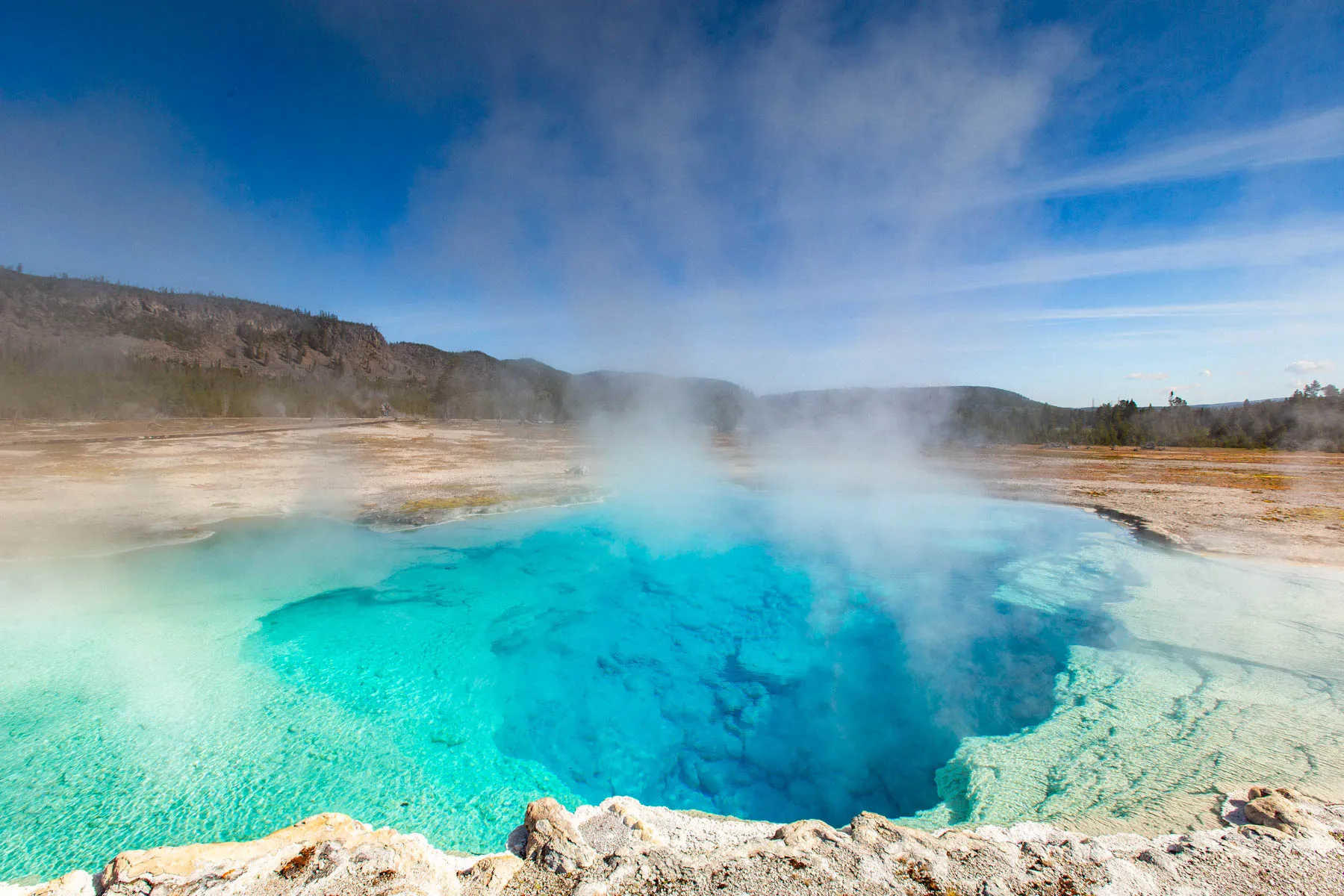Introduction to America's Natural Treasures
With 63 incredible national parks spanning from coast to coast, the United States offers some of the world's most spectacular natural wonders. From the towering granite cliffs of Yosemite to the pristine glacial landscapes of Glacier National Park, these protected areas represent the very best national parks in the us for outdoor enthusiasts and nature lovers alike.
Having personally visited over 45 national parks across the country, I can confidently say that each park offers a unique experience that will leave you speechless. Whether you're seeking challenging mountain hikes, peaceful lakeside camping, or simply breathtaking scenic drives, America's national parks deliver experiences that photos simply cannot capture.
Why This Guide Matters
After years of exploring these magnificent parks and talking with countless park rangers, fellow hikers, and local experts, I've compiled this comprehensive guide to help you make the most of your national park adventures. This isn't just another list – it's a carefully curated selection based on real experiences, insider knowledge, and practical advice.
Explore America's Best National Parks
Discover the natural wonders that make these parks truly extraordinary
Top 15 Best National Parks in the US
1. Yellowstone National Park
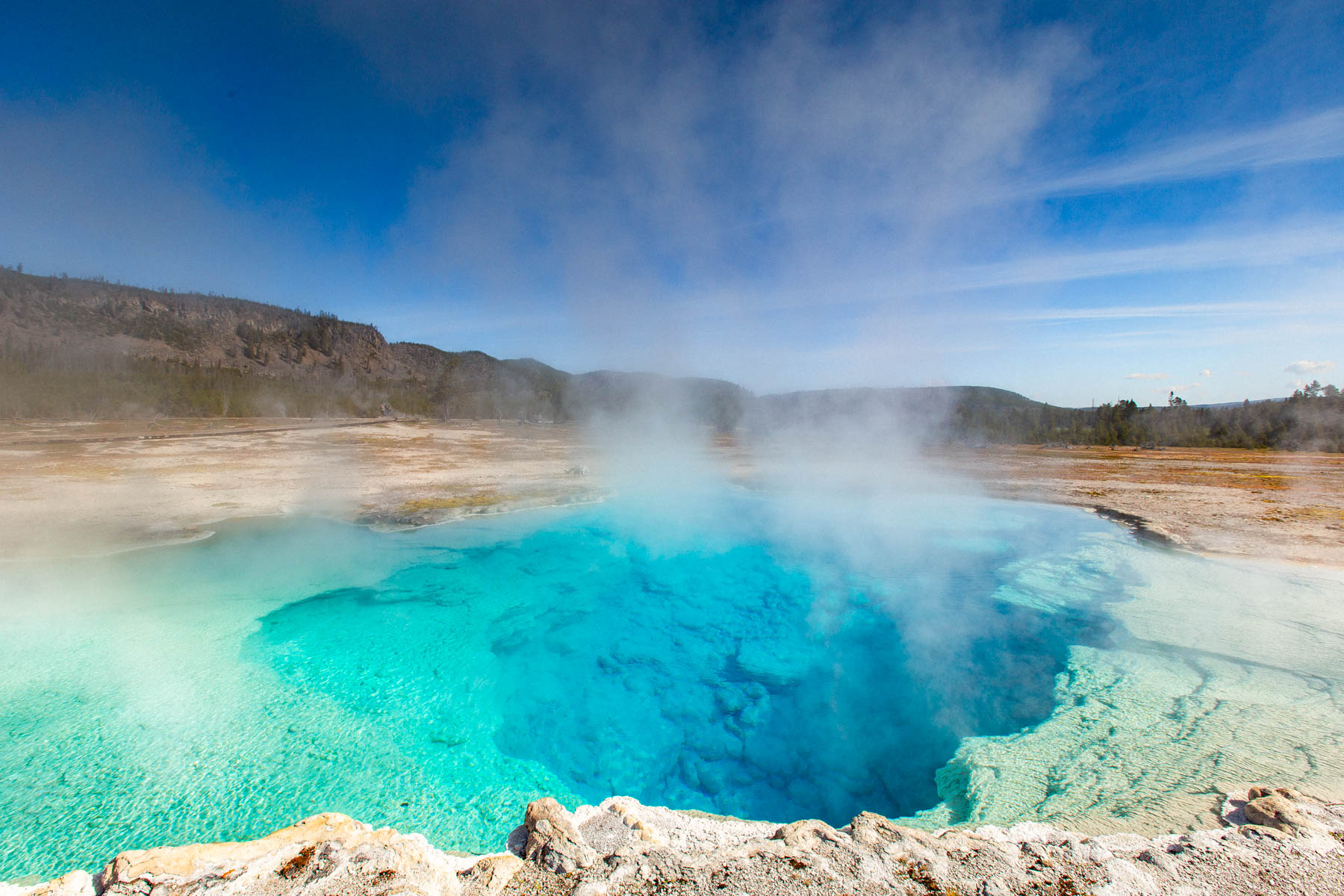
America's first national park remains one of its greatest treasures. With over 10,000 hydrothermal features, including the famous Old Faithful geyser, Yellowstone is a geological wonderland. The park spans 2.2 million acres across Wyoming, Montana, and Idaho.
Must-See: Old Faithful, Grand Prismatic Spring, Lamar Valley
Crowd Level: Very High (Plan early morning visits)
2. Yosemite National Park
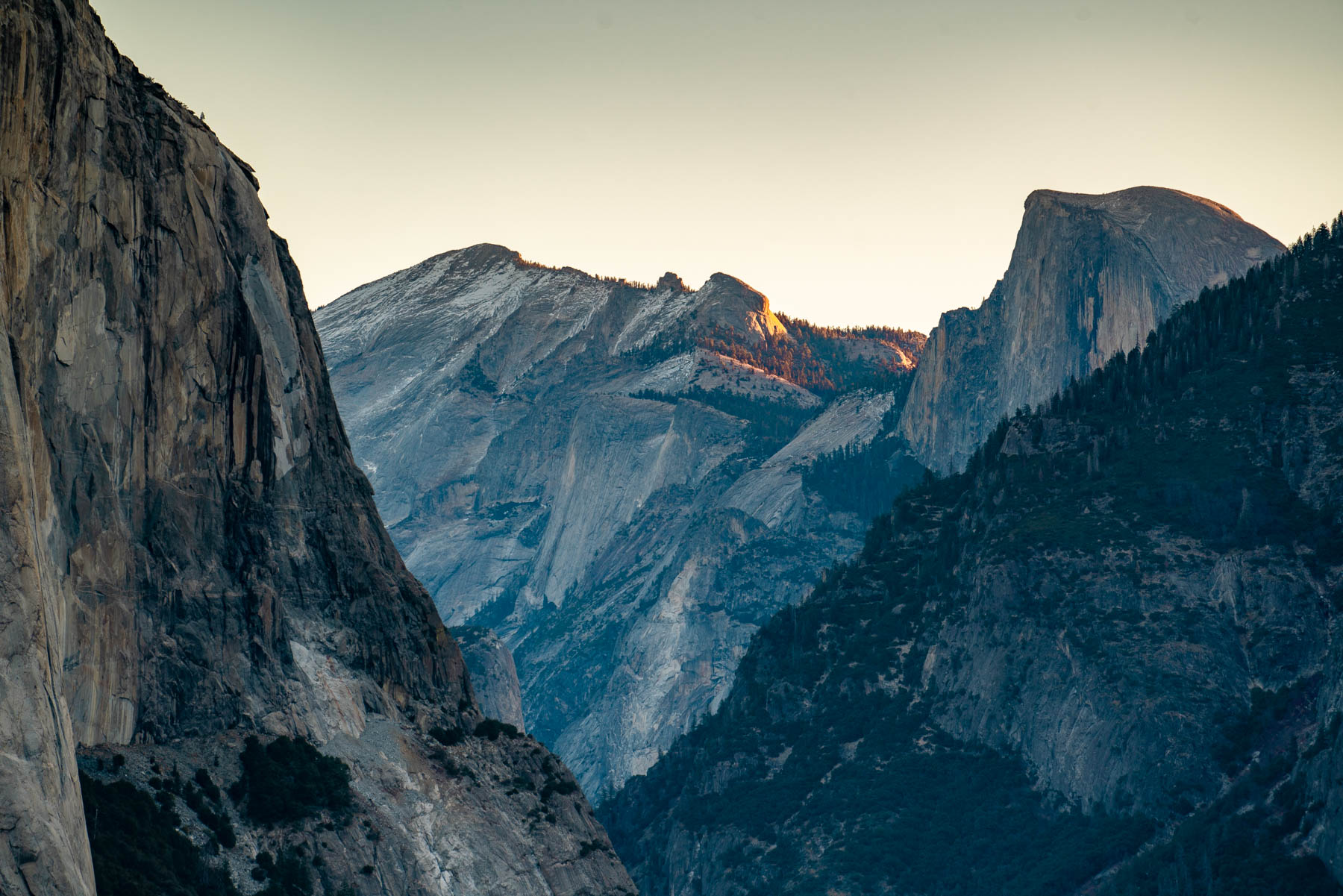
Home to towering granite cliffs, spectacular waterfalls, and ancient giant sequoias, Yosemite epitomizes the beauty of California's Sierra Nevada. The iconic Half Dome and El Capitan draw rock climbers from around the world.
Must-See: Tunnel View, Bridalveil Fall, Mariposa Grove
Crowd Level: Very High (Visit during weekdays)
3. Grand Canyon National Park
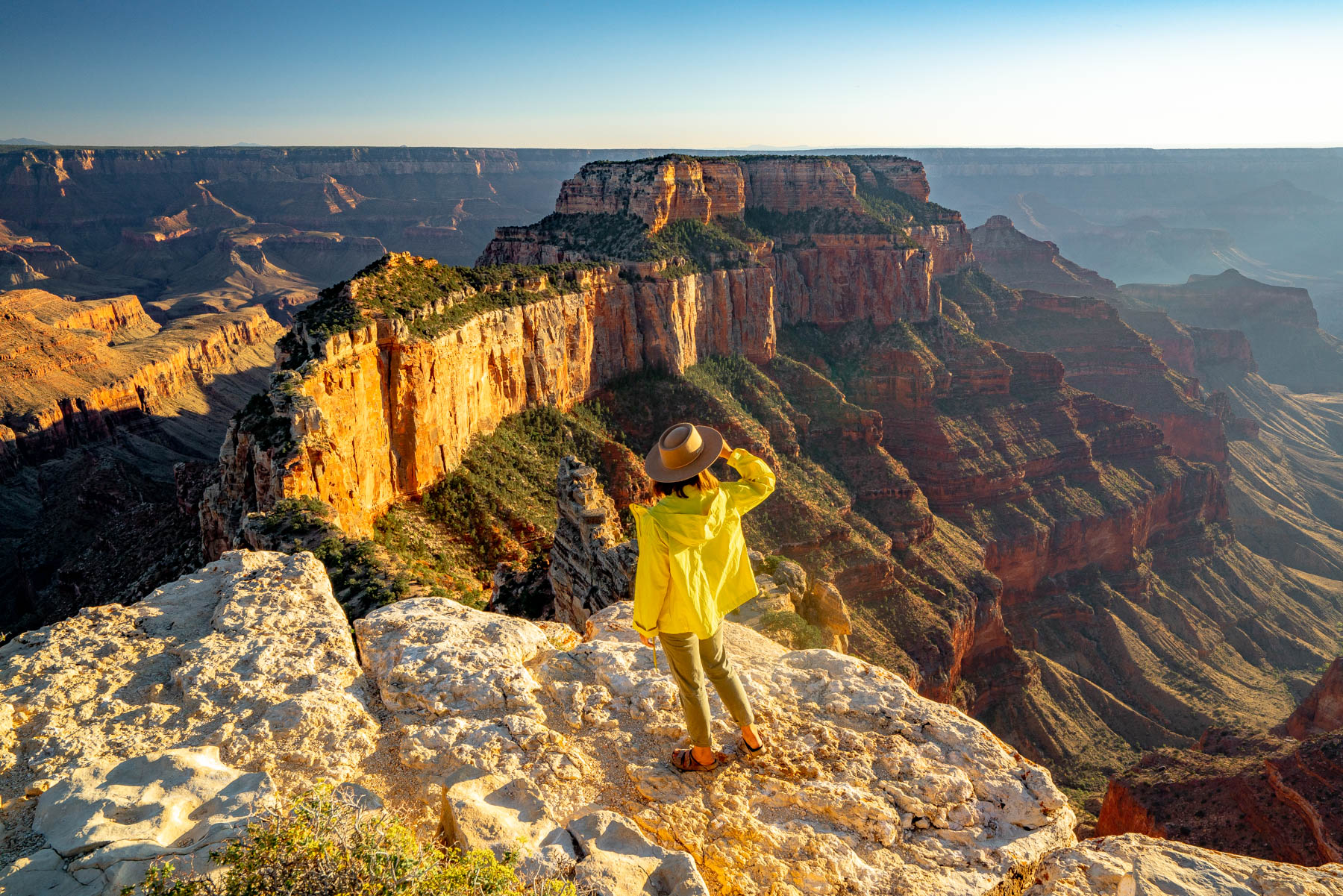
Perhaps the most iconic of all American national parks, the Grand Canyon's vastness defies comprehension. Carved by the Colorado River over millions of years, this 277-mile-long canyon reveals Earth's geological history in its colorful rock layers.
Must-See: South Rim Trail, Desert View Drive
Crowd Level: High (Consider North Rim for fewer crowds)
4. Glacier National Park
Often called the "Crown of the Continent," Glacier National Park in Montana features pristine wilderness, crystal-clear lakes, and over 700 miles of hiking trails. The Going-to-the-Sun Road is one of America's most scenic drives.
Must-See: Going-to-the-Sun Road, Lake McDonald, Hidden Lake
Crowd Level: High (Book accommodations well in advance)
5. Zion National Park
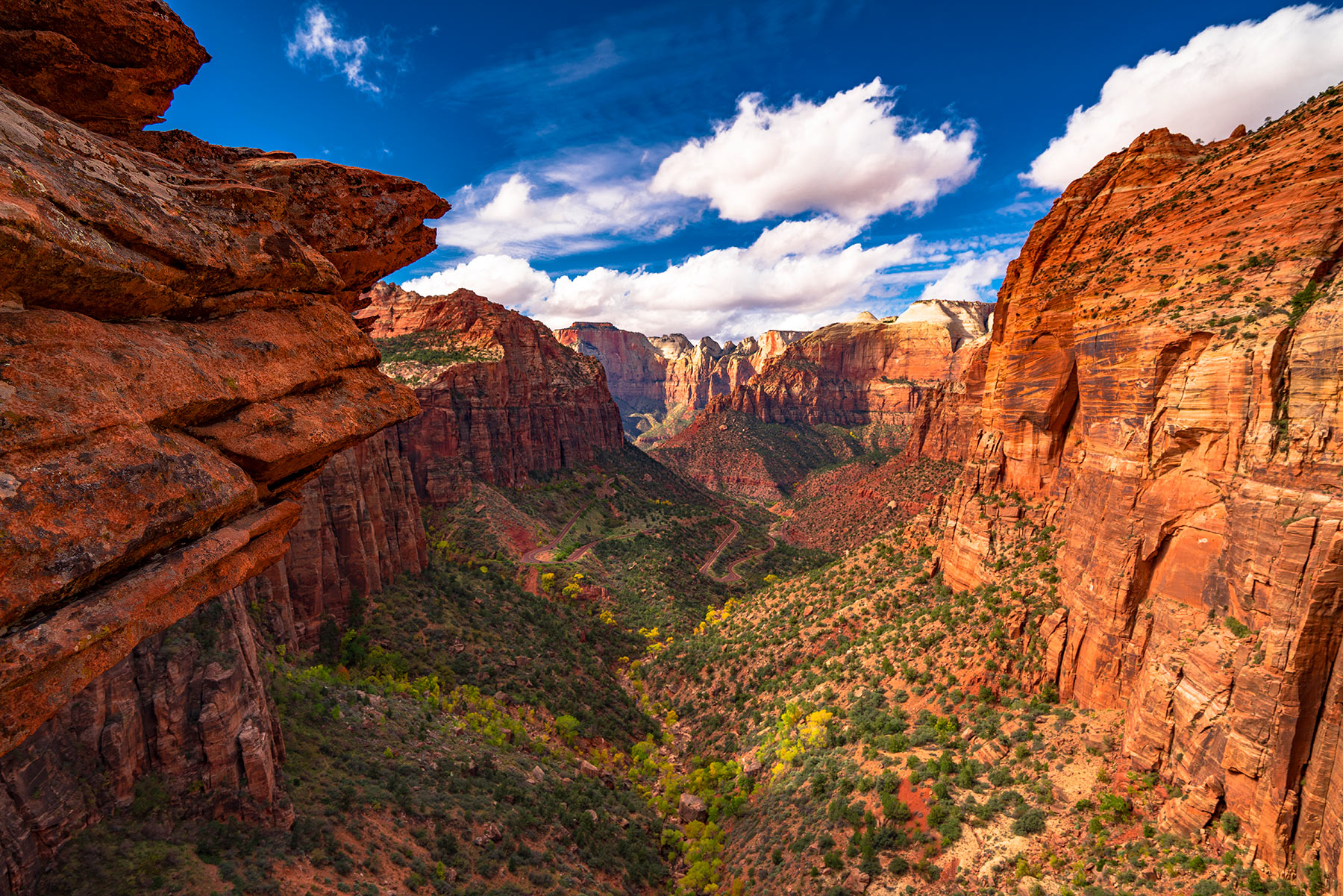
Utah's first national park showcases towering red cliffs, narrow slot canyons, and the Virgin River. The park's shuttle system helps manage crowds while providing access to spectacular hiking trails like Angels Landing and The Narrows.
Must-See: Angels Landing, The Narrows, Emerald Pools
Crowd Level: Very High (Shuttle required)
6. Grand Teton National Park
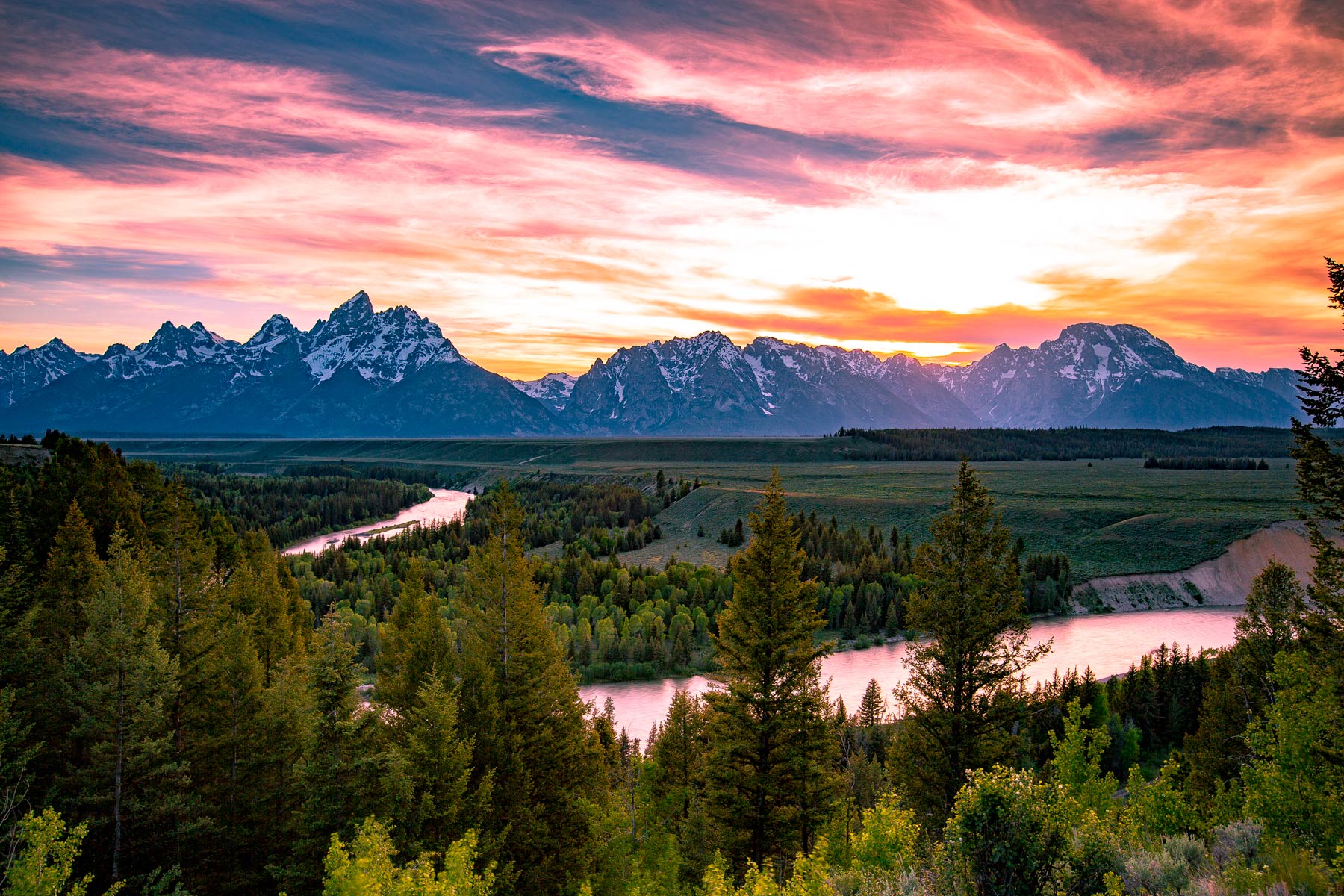
Rising dramatically from the Jackson Hole valley floor, the Teton Range creates one of America's most photogenic mountain landscapes. The park offers excellent wildlife viewing and pristine alpine lakes perfect for reflection photography.
Must-See: Jenny Lake, Cascade Canyon, Mormon Row
Crowd Level: Moderate to High
Additional Must-Visit Parks:
7. Bryce Canyon
Famous for its colorful hoodoo rock formations
8. Arches National Park
Over 2,000 natural stone arches
9. Olympic National Park
Diverse ecosystems from coast to mountains
10. Great Smoky Mountains
America's most visited national park
11. Rocky Mountain
Alpine lakes and 14,000-foot peaks
12. Death Valley
Hottest, driest, and lowest national park
For a complete planning resource, check out our 63 US National Parks travel checklist to ensure you don't miss any essential parks in your journey.
Essential Gear for National Park Adventures
Having the right gear can make the difference between a memorable adventure and a challenging ordeal. Based on my experiences exploring the best national parks in the us, here are my top recommendations for essential equipment and guidebooks.

National Geographic Guide to National Parks
The ultimate comprehensive guide covering all 63 national parks with detailed maps, hiking trails, and insider tips from park experts.

Moon USA National Parks Complete Guide
Expert travel advice with strategic itineraries, road trip planning, and detailed hike descriptions for all 63 parks.
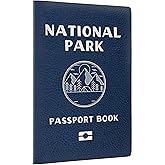
National Parks Passport Stamp Book
Compact passport-sized book to collect stamps from all 63 national parks and track your adventures.
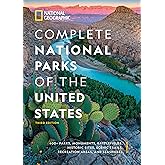
National Geographic Complete Parks 3rd Edition
Comprehensive coverage of 400+ parks, monuments, battlefields, and historic sites across America.
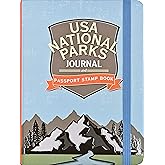
USA National Parks Journal & Passport
Perfect journal to document your visits to all 63 national parks with space for stamps and personal notes.
Additional Gear Recommendations
Essential Hiking Gear:
- • Quality hiking boots with ankle support
- • Moisture-wicking base layers
- • Travel water bottle (2+ liters capacity)
- • First aid kit for trail emergencies
Winter & Weather Protection:
- • Quality eye protection for high altitude
- • Waterproof rain jacket
- • Insulated sleeping bag (for camping)
- • Portable camp stove and cookware
Planning Your National Park Adventure
Best Times to Visit
Spring (March-May)
Perfect for desert parks like Joshua Tree and Death Valley. Wildflower blooms in California parks.
Summer (June-August)
Ideal for high-altitude parks like Glacier and Rocky Mountain. Expect crowds at popular destinations.
Fall (September-November)
Best overall season with mild weather, fall colors, and fewer crowds. Great for most parks.
Winter (December-February)
Perfect for Florida parks and desert Southwest. Many mountain parks have limited access.
Passes & Permits
Annual National Parks Pass
$80 for unlimited access to all national parks for one year
Pays for itself after visiting just 3 parks!
Individual Park Passes
$15-35 per park for 7-day access
Good for single park visits
Special Permits Required
- • Angels Landing (Zion) - Timed entry
- • Half Dome (Yosemite) - Advance permit
- • Haleakala Sunrise - Reservation required
Popular Multi-Park Itineraries
Utah's Mighty 5 Road Trip
Explore all five of Utah's national parks in one epic journey:
- • Arches National Park (2 days)
- • Canyonlands National Park (2 days)
- • Capitol Reef National Park (1 day)
- • Bryce Canyon National Park (2 days)
- • Zion National Park (3 days)
Total time: 10-14 days
California Coast & Mountains
Experience diverse landscapes from coast to alpine:
- • Redwood National Park (2 days)
- • Yosemite National Park (4 days)
- • Sequoia National Park (2 days)
- • Death Valley National Park (2 days)
- • Joshua Tree National Park (2 days)
Total time: 12-16 days
My Personal Experience: 15 Years of Park Adventures
About Your Guide
15+ years exploring America's national parks • 45+ parks visited • Former wilderness guide
Most Memorable Moments
Sunrise at Grand Canyon South Rim
Nothing prepared me for that first sunrise over the canyon. The colors changed every minute, and the silence was profound. I arrived at 5:30 AM to secure the perfect spot at Hopi Point – worth every early morning minute.
Grizzly Encounter in Glacier National Park
While hiking the Highline Trail, I encountered a grizzly bear about 100 yards ahead. Following park ranger advice, I slowly backed away and made noise. The bear was more interested in huckleberries than me – a reminder of why carrying bear spray is essential.
Lessons Learned
Always Check Weather Conditions
During a May visit to Rocky Mountain National Park, unexpected snow closed Trail Ridge Road for three days. Now I always check current conditions and have backup plans. Mountain weather changes rapidly!
Book Accommodations Early
I learned this the hard way when trying to find lodging near Yellowstone in July. Park lodges book up 1+ year in advance. I now make reservations as soon as they open – typically 13 months ahead for popular parks.
Insider Tips from Park Rangers
Best Photography Times:
- • Golden hour: 1 hour after sunrise/before sunset
- • Blue hour: 30 minutes after sunset for dramatic skies
- • Overcast days: Perfect for waterfall photography
Crowd Avoidance Strategies:
- • Start hikes before 8 AM or after 4 PM
- • Visit popular viewpoints during meal times
- • Explore lesser-known trails and areas
What Fellow Travelers Are Saying
Sarah M.
Reddit National Parks Community
"This guide helped me plan the perfect Utah national parks road trip. The timing recommendations were spot-on, and I avoided most crowds by following the early morning advice. Grand Teton was absolutely breathtaking at sunrise!"
Mike T.
Amazon Verified Purchase
"The gear recommendations were excellent. I bought the National Geographic guide book and it was invaluable during our two-week western parks tour. The maps and trail descriptions helped us discover hidden gems we would have missed."
Jennifer L.
Quora Travel Community
"As a family with young kids, the safety tips and easier trail recommendations were perfect. We visited 8 parks using this guide and created memories that will last a lifetime. The permit information saved us from disappointment!"
Frequently Asked Questions
What are the best national parks for first-time visitors?
For first-time visitors to the best national parks in the us, I recommend starting with the "Big 5": Yellowstone, Yosemite, Grand Canyon, Glacier, and Zion. These parks offer iconic scenery, well-developed infrastructure, and a variety of activities suitable for all experience levels. Yellowstone provides unique geothermal features, while Yosemite showcases stunning granite formations and waterfalls. The Grand Canyon offers breathtaking vistas that require no hiking, making it accessible to everyone. Glacier National Park features pristine wilderness and the scenic Going-to-the-Sun Road, while Zion provides dramatic red rock canyons and excellent hiking opportunities. Each park has visitor centers with knowledgeable rangers who can help plan your activities based on time constraints and physical abilities.
How much does it cost to visit national parks?
Individual park entrance fees typically range from $15-35 for a 7-day pass, but the best value is the Annual National Parks Pass at $80, which provides unlimited access to all 400+ federal recreation areas for one year. This pass pays for itself after visiting just 3 parks. Additional costs include camping ($15-50 per night depending on amenities), lodging inside parks ($100-500+ per night, book 13 months in advance), and gear. Budget approximately $100-200 per day for a family of four including meals, gas, and incidentals. Many parks offer free ranger programs, junior ranger activities, and hiking trails, providing excellent value for outdoor enthusiasts. Consider visiting during shoulder seasons for lower lodging costs and smaller crowds.
What's the best time of year to visit national parks?
The ideal time varies significantly by park and region. Spring (March-May) is perfect for desert parks like Joshua Tree and Death Valley, with mild temperatures and wildflower blooms. Summer (June-August) is best for high-altitude parks like Glacier and Rocky Mountain, when snow melts allow access to alpine areas, though expect larger crowds. Fall (September-November) offers the best overall conditions for most parks, with comfortable temperatures, stunning autumn colors, and fewer visitors. Winter (December-February) is ideal for southern parks like Everglades and Big Bend, while many mountain parks have limited access due to snow. Research specific park conditions and typical weather patterns before planning your visit, and always check current conditions before departure.
Do I need permits or reservations for national parks?
Many popular parks now require timed entry reservations or advance permits for specific activities. Parks like Yosemite, Glacier, and Rocky Mountain require timed entry reservations during peak season (typically May-October). Special activities need advance permits: Angels Landing at Zion, Half Dome at Yosemite, and sunrise viewing at Haleakala all require reservations obtained through recreation.gov. Camping reservations open 5 months in advance and fill quickly for popular campgrounds. Backcountry permits are required for overnight hiking and can be competitive. Lodge reservations inside parks typically open 13 months in advance. Some permits can be obtained through lottery systems, while others are first-come, first-served. Always check the specific park's website for current reservation requirements and availability before your visit.
What essential gear should I bring to national parks?
Essential gear varies by season and activities planned, but core items include sturdy hiking boots with ankle support, layered clothing for changing weather conditions, sun protection (hat, sunglasses, SPF 30+ sunscreen), plenty of water (2+ liters per person per day), and a comprehensive first aid kit. For hiking, bring a detailed map, compass or GPS device, headlamp with extra batteries, and emergency whistle. Weather protection includes a waterproof rain jacket and warm layers even in summer (mountain weather changes rapidly). A quality daypack, trekking poles for steep terrain, and high-energy snacks are highly recommended. For photography, bring extra batteries and memory cards. Always inform someone of your planned route and expected return time, and consider carrying a satellite communicator for remote areas.
Are national parks suitable for families with young children?
Absolutely! Many of the best national parks in the us offer excellent family-friendly activities and facilities. Parks like Great Smoky Mountains, Yellowstone, and Yosemite provide easy walking trails, visitor centers with interactive exhibits, and junior ranger programs designed for children. Most parks offer shorter nature walks suitable for young legs, accessible viewpoints requiring no hiking, and educational programs that engage kids with hands-on learning. However, always supervise children closely near cliff edges, thermal features, and wildlife. Bring plenty of snacks, water, and entertainment for car rides between attractions. Consider staying in park lodges or nearby accommodations rather than camping with very young children. The National Park Service's Junior Ranger program provides activity booklets that help children learn about each park while earning an official badge, creating lasting memories and fostering a love of nature.
Conclusion: Your Adventure Awaits
America's national parks represent more than just scenic destinations – they are sanctuaries of natural wonder, biodiversity, and cultural heritage that have been preserved for future generations. From the volcanic landscapes of Hawaii to the glacial peaks of Alaska, the best national parks in the us offer experiences that will fundamentally change how you view the natural world.
After spending countless days exploring these incredible places, I can confidently say that each park visit teaches you something new about nature, yourself, and the importance of conservation. Whether you're standing at the rim of the Grand Canyon watching sunrise paint the rock layers in brilliant colors, listening to wolves howl in Yellowstone's Lamar Valley, or hiking through Yosemite's pristine wilderness, these moments become part of who you are.
Start Your Journey Today
The beauty of national park exploration is that you don't need to be an expert hiker or outdoor enthusiast to begin. Many parks offer accessible experiences for all ability levels, from scenic drives and short walks to challenging backcountry adventures. The key is to start somewhere and let your curiosity guide you.
Remember that national parks are more than destinations – they're living ecosystems that need our protection and respect. Follow Leave No Trace principles, stay on designated trails, observe wildlife from safe distances, and help preserve these incredible places for future visitors. Every responsible visitor becomes an advocate for conservation and helps ensure these natural treasures remain protected.
The wilderness is calling – will you answer?
For more outdoor adventure guides and national park resources, visit
Great Smoky Mountains National Park Guide
Share this guide with fellow outdoor enthusiasts and help others discover the magic of America's national parks!


